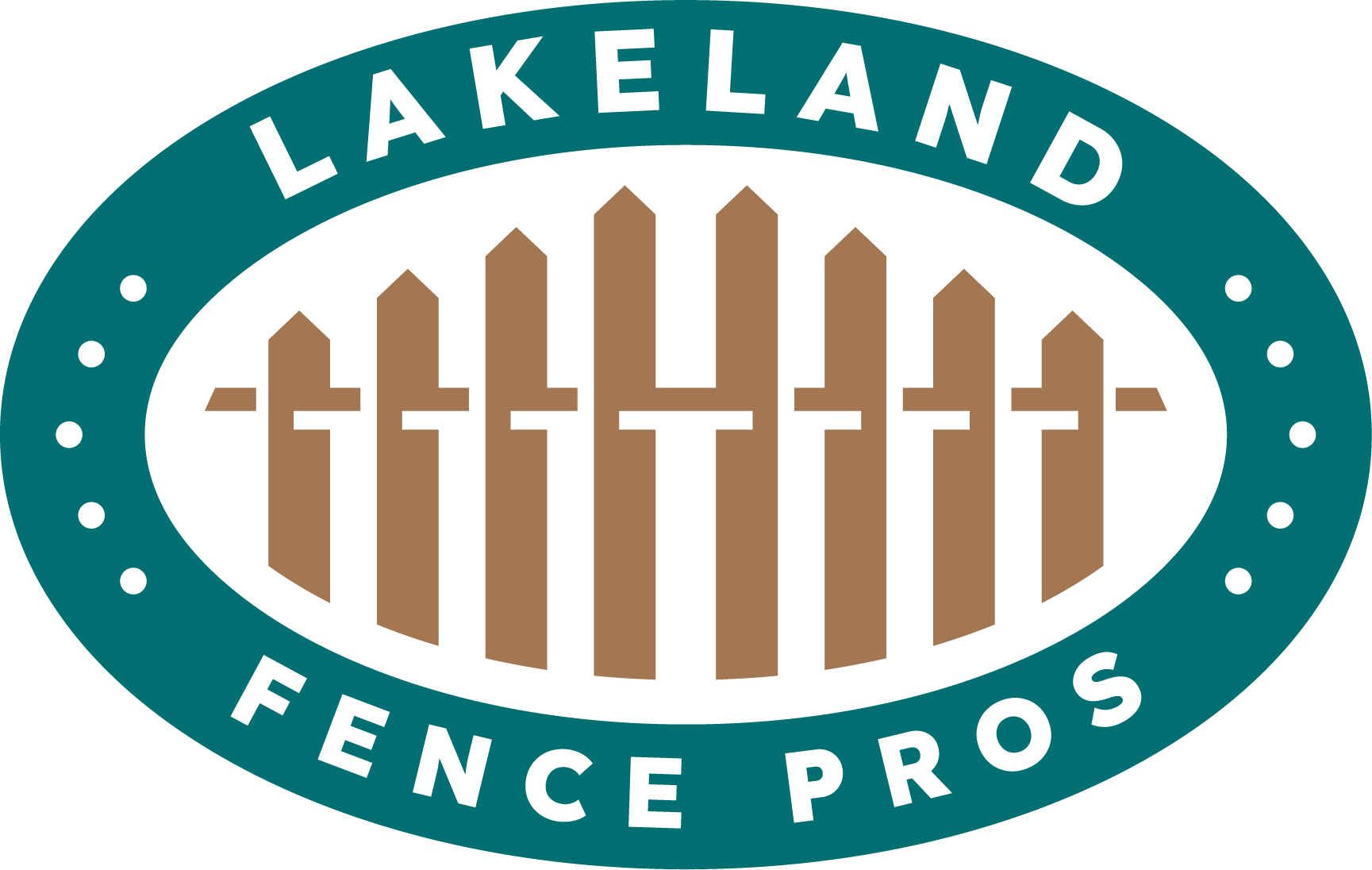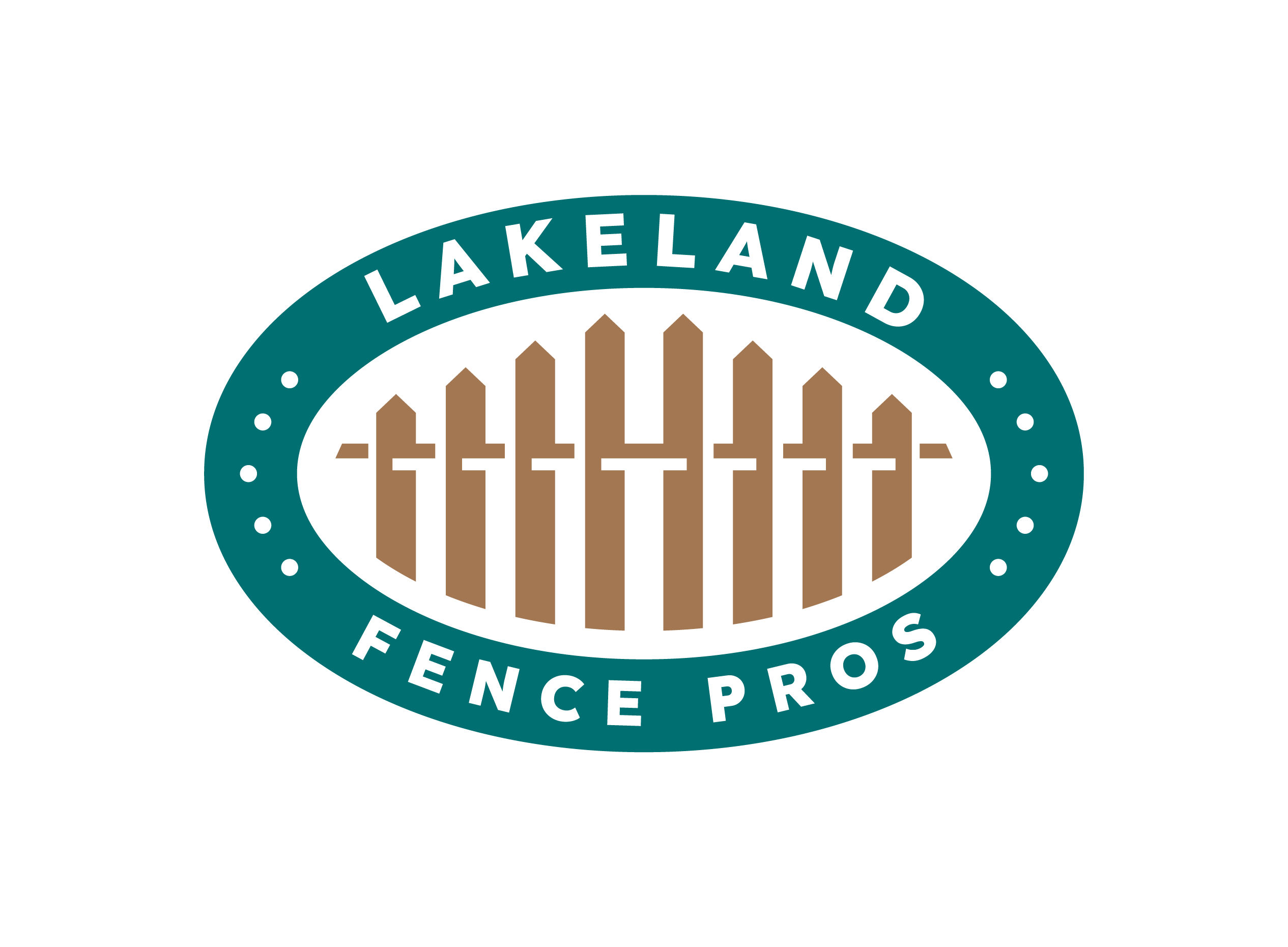By Lakeland Fence Pros — Your Trusted Local Experts in Polk County
Maintaining a fence in Central Florida’s demanding climate takes more than occasional cleaning or minor repairs. Here in Lakeland, Polk County, and the surrounding communities, the interaction between your landscaping and your fence plays a powerful role in determining how long that fence will actually last. From soil conditions to drainage patterns, irrigation habits, plant selection, and even backyard layout, every choice you make affects your fence’s lifespan.
At Lakeland Fence Pros, we’ve spent years helping homeowners diagnose fence failures that tie directly back to landscaping issues. The good news? When you manage your landscaping strategically, you dramatically increase fence longevity, reduce the need for expensive fence repair, and improve the beauty and functionality of your backyard.
This comprehensive guide walks you through how Florida landscaping impacts fence health, the hidden risks most homeowners overlook, and the expert fence maintenance tips that protect your investment long-term.
🌱 Understanding Florida’s Environment and Its Effect on Fence Longevity
Central Florida has a unique environment: sandy soils, intense heat, high humidity, unpredictable rain patterns, and frequent summer storms. These conditions make fence landscaping Florida-specific—not generic.
Why Polk County’s Climate Matters
Lakeland receives around 50 inches of rainfall annually and experiences high evaporation levels. The combination of hot afternoons, moisture-soaked mornings, and seasonal storms creates the perfect conditions for:
-
accelerated wood rot
-
mold and mildew growth
-
soil erosion
-
shifting posts
-
moisture-saturated fence bases
This is why fence longevity in Polk County depends heavily on how well landscaping supports drainage and airflow.
💧 How Soil, Grading, and Drainage Influence Fence Lifespan
The Hidden Foundation: Your Soil and Ground Conditions
Lakeland’s natural soil is sandy and drains quickly—but not evenly. Certain areas compact, while others wash out. If the soil under your fence doesn’t drain the way it should, you’ll see early signs of structural stress.
Common problems caused by poor soil and grading include:
-
leaning posts
-
sagging panels
-
rotting fence bases
-
washed-out footings
-
repetitive staining or algae growth
Proper Grading Protects Fence Longevity
Your yard should have a gentle slope directing water away from the fence line—never toward it.
A 1% to 2% grade is ideal. This subtle slope prevents water from pooling around the fence.
Why Mulch Piled Against a Fence Is a Bad Idea
Many homeowners push mulch or soil against the base to “hide gaps.” Unfortunately, this traps water against the fence.
Mulch increases:
-
moisture exposure
-
mold
-
termite attraction
-
wood decay
Leaving a 6–12 inch gap between mulch and your fence promotes airflow and dries moisture quickly.
When Drainage Problems Need Professional Attention
Sometimes, no matter what adjustments you make, water still collects around the fence posts. This usually indicates deeper ground or runoff issues.
<p>For severe cases, the Federal Highway Administration provides insight on <a href=”https://www.google.com/search?q=https://www.fhwa.dot.gov/engineering/geotech/pubs/nhi05051/chap1.cfm” rel=”nofollow” target=”_blank”>advanced erosion control and site preparation</a>, which can help homeowners understand the underlying concepts before pursuing professional solutions.</p>
🌿 Plant Selection and Placement: How Vegetation Affects Fence Lifespan
Landscaping is beautiful—but planting the wrong plants too close to the fence can create major problems.
Root Systems Can Damage Fence Posts
Lakeland’s well-watered vegetation promotes strong root growth. Large shrubs and trees near the fence can:
-
push posts out of alignment
-
crack concrete footings
-
displace panels
-
trap moisture against fencing materials
A safe planting distance is 3–5 feet from the fence.
Fence-Friendly Florida Plants
Good choices (low-density, shallow-rooted):
-
Coontie
-
Muhly grass
-
Soft native grasses
-
Dwarf yaupon holly
-
Coreopsis
-
Sunshine ligustrum (when trimmed regularly)
Plants to avoid near fences:
-
Ficus
-
Wisteria
-
Creeping Fig
-
Large viburnum hedges
-
Bamboo (very aggressive roots)
Why Dense Hedges Reduce Fence Longevity
Thick hedges trap moisture. In Florida’s humidity, reduced airflow leads to:
-
mildew
-
algae
-
accelerated wood decay
-
vinyl discoloration
-
hardware rust
Airflow is critical to fence longevity.
🚿 Irrigation: The #1 Controllable Factor in Fence Damage
Improper sprinkler placement ruins more fences in Lakeland than hurricanes do.
Sprinklers Should Never Hit the Fence
Daily or weekly sprinkler spray keeps wood wet and encourages:
-
premature rot
-
swelling
-
warping
-
mildew
-
termite activity
Drip Irrigation Beats Traditional Sprayers
When possible, switch garden and flowerbed watering to a drip irrigation system. It delivers water precisely to the roots—keeping fences dry.
Rainwater Management Matters Too
Check your downspouts:
-
They should discharge water at least 5 feet away from your fence.
-
Never allow roof runoff to flow directly toward the fence line.
What Research Shows About Moisture Damage
<p>The USDA Forest Products Laboratory has documented how continuous <a href=”https://www.google.com/search?q=https://www.fpl.fs.usda.gov/documnts/fplgtrl/fplgtrl141.pdf” rel=”nofollow” target=”_blank”>moisture exposure significantly compromises wood structure</a> and shortens its life span—proving why sprinkler control is one of the most important fence maintenance tips.</p>
🛠️ Backyard Care and Fence Maintenance Tips for Lakeland Homeowners
Different fencing materials respond differently to Florida conditions.
A. Wood Fence Maintenance
Wood fencing requires the most intentional care.
Key steps include:
-
applying sealant or stain every 2–3 years
-
avoiding high-pressure washing
-
trimming plants touching the fence
-
keeping soil and mulch away from the base
-
ensuring airflow
-
checking for termites
B. Vinyl Fence Care
Vinyl fences resist moisture—but not algae or mildew.
To maximize longevity:
-
wash annually with soapy water
-
trim vegetation away
-
maintain airflow
-
avoid impact damage
C. Aluminum Fence Care
Aluminum fences need:
-
annual hardware inspection
-
rinsing to remove mineral buildup
-
protection from landscape chemicals
-
stable soil to avoid wobbling posts
Even aluminum can corrode if irrigation systems constantly soak the base.
🔧 Signs Your Fence Needs Professional Attention
Call a fence expert if you notice:
-
leaning or shifting fence posts
-
sagging rails
-
cracked concrete footings
-
widespread wood decay
-
discoloration despite cleaning
-
repeating drainage issues
-
unstable aluminum sections
Repeated Drainage Failure: A Red Flag
If water continues pooling after every rain—even after your improvements—it likely requires professional drainage correction.
<p>For severe cases, homeowners may benefit from basic knowledge of <a href=”https://www.google.com/search?q=https://www.fhwa.dot.gov/engineering/geotech/pubs/nhi05051/chap1.cfm” rel=”nofollow” target=”_blank”>advanced erosion control and site preparation</a> before contacting a professional.</p>
📚 Industry Guidance for Long-Term Fence Protection
For deeper reading on long-term fence care, trusted organizations like the National Fence Manufacturers Association offer maintenance standards. You can explore their general principles at:
<a href=”https://www.google.com/search?q=https://www.nfma.com/maintenance” rel=”nofollow” target=”_blank”>National Fence Manufacturers Association – Maintenance Guidelines</a>
🗣️ Local Testimonials — Polk County Homeowners
“Lakeland Fence Pros helped us redesign our landscaping after showing us how our old sprinkler system was soaking the fence daily. We followed their irrigation tips and the fence looks brand new again.” — Tracy M., Lakeland Highlands
“Our backyard had major drainage issues. These guys helped us stabilize the soil, fix grading, and prevent the fence posts from shifting. Their knowledge of Florida soil saved us thousands.” — David L., Mulberry
“We had thick hedges trapping moisture against our vinyl fence. Lakeland Fence Pros explained airflow problems, helped us trim everything back, and the algae issue disappeared. Highly recommended!” — Sandra P., Plant City
💡 Final Thoughts: Protecting Your Fence Through Smart Landscaping
Your landscaping habits directly determine how long your fence will last in Florida’s environment. When you control moisture, manage plant placement, improve airflow, and monitor drainage, you extend fence lifespan dramatically.
Bottom line:
A dry, well-ventilated fence base is the strongest defense against Florida’s climate.
🔥 Call For Your FREE Estimate Today
Ready to protect your fence investment and improve your backyard?
Lakeland Fence Pros is here to help with expert guidance, professional craftsmanship, and long-term solutions built for Florida homes.

